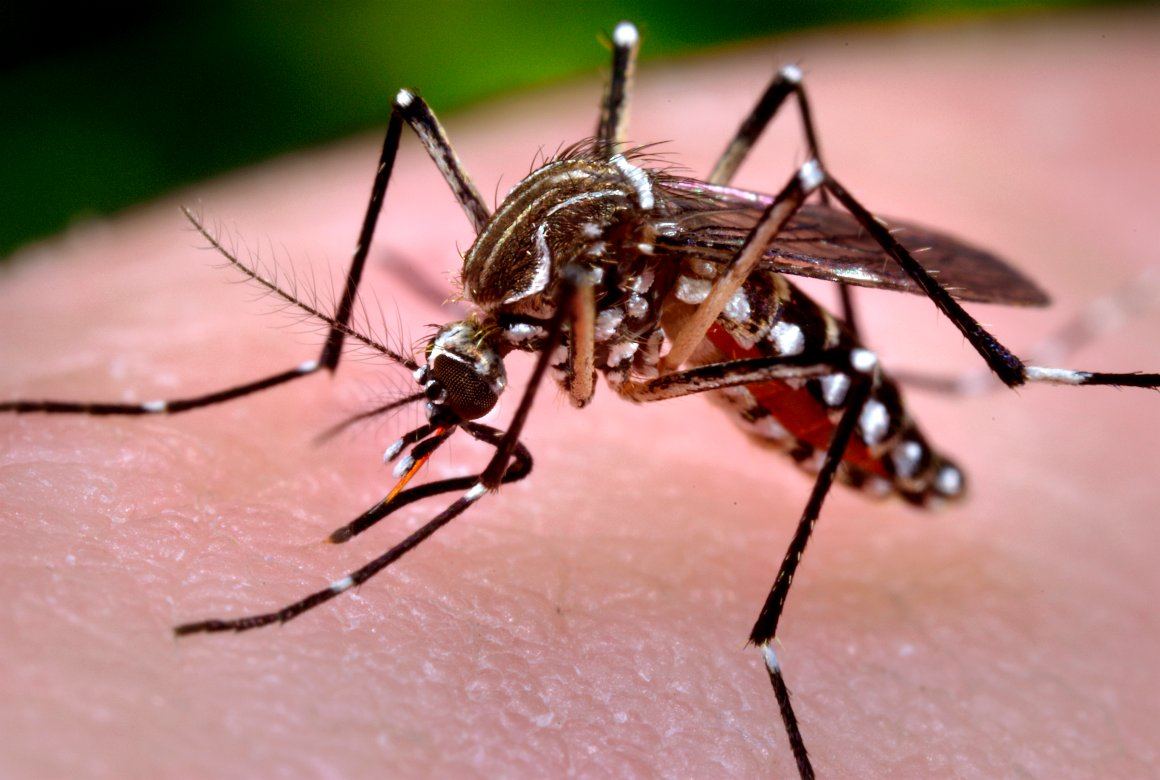
Oxitec a company that seeks to control pest insects through their genetics has announced that it will invest $9.88 million to mass-produce one billion genetically modified mosquito eggs per week at a new state-of-the-art facility at its United Kingdom headquarters near Oxford.
Oxitec s technology represents a paradigm change in combating dangerous Aedes aegypti that threaten more than half of the world s population, and this factory will better position us to help countries in need of superior solutions in the fight against this invasive mosquito that carries Zika, dengue and other harmful viruses, said Oxitec CEO Mark Carnegie-Brown.
Oxitec’s approach works via the release of millions of non-biting male mosquitos that have been engineered to carry a self-limiting gene. These seek out and mate with wild females, producing offspring that die before reaching adulthood, reducing the population of disease-carrying insects.
Conventional mosquito control techniques primarily involve the widespread use of insecticides. Oxitec argues that its approach is both more environmentally friendly and more effective because it utilizes the mating instinct of males to seek out females rather than relying on chemicals. The GM males quickly die, as do their offspring, so the introduced genes do not persist in the environment.
Although Zika virus has gained global attention recently, dengue fever remains a higher burden on tropical countries. Both diseases, along with yellow fever and chikungunya, are spread by the invasive mosquito Aedes aegypti, which is the organism targeted in Oxitec’s control approach.
According to the World Health Organization, the incidence of dengue has increased 30-fold over the last 50 years. With 50-100 million infections estimated to occur annually in mostly developing countries, this puts half the world’s population at risk.
Oxitec’s GE mosquitos have already been released in large numbers in several areas of Brazil, and have succeeded in reducing wild mosquito populations by over 80 percent a much higher reduction than can usually be achieved with chemicals. A few months ago a new project was announced to take place in neighboring Colombia, centered in Cali.
